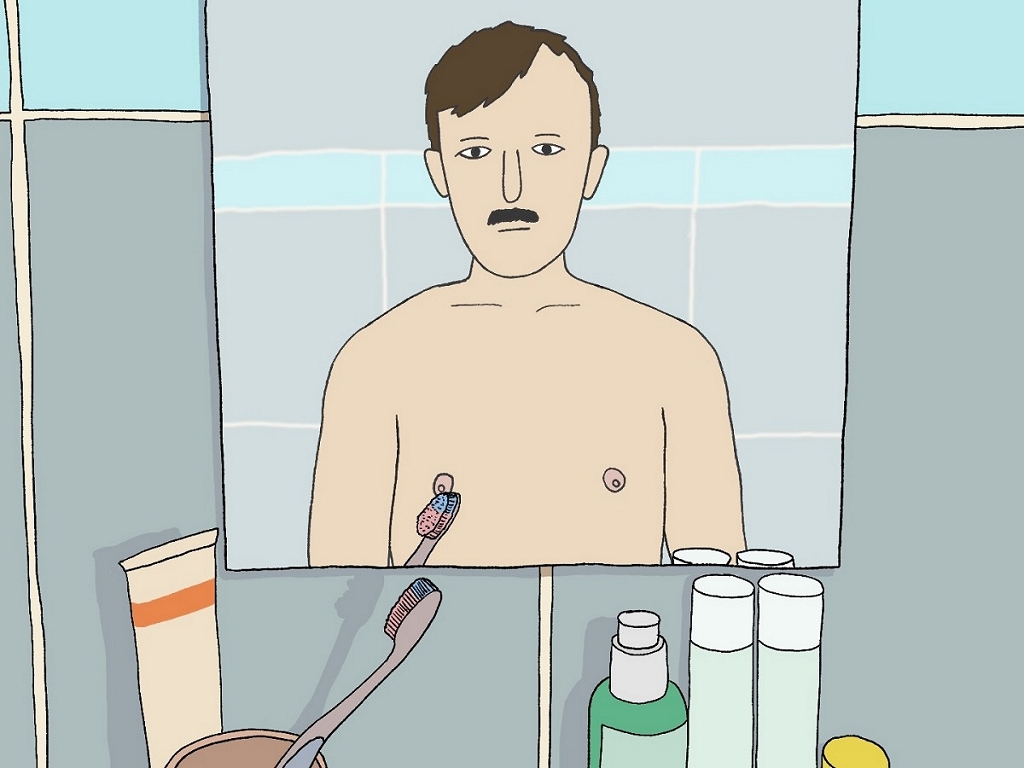‘Don’t become a customer at De Rooie Smid, it sounded of the pulpit’
/s3/static.nrc.nl/images/gn4/stripped/data129259040-79cf5d.jpg)
« My parents got married in 1933, my father was a blacksmith. In 1935 they started for themselves in Gees, a sand village in Drenthe.
It was hard work, also for my mother. She was a blacksmith’s servant, accountant and shop lady, later she even served the gas pump. In addition, she was a housewife and mother of finally four children.
From April 1939 my father was mobilized. After the capitulation, he managed to get a civilian bike and civilian clothes and cycled home. My mother was informed at the end of May that he was ‘missing, possibly killed’. Fortunately he had been home for two weeks at the time.
The war started fairly quietly in Drenthe, but gradually my father became involved in the resistance. Moreover, there was a hiding. And sometimes German soldiers were billeted. Later ‘Food Hallers’ and Evacués came from Arnhem. Among the ‘Food Hallers’ were also Rotterdam police officers in the last year, who came to get the food with a robbery car that my father had gathered at home in the attic. Especially for my mother, the war was a frightened time.
After the liberation, my parents hoped that the old columns in society would not be raised again. But no: the pulpit of the church was soon called that people should definitely not become a customer with this ‘red blacksmith’. From his time as a blacksmith’s servant my parents were socialist; they read The Free People And were a big fan of Drees.
Around 1950 there was a water supply in the village. The farmers all wanted drinking bowls in the stable for their cows. In the meantime, my father was not only a blacksmith but also plumber and electrician and got it more busier.
In 1960 my parents stopped with the company. They went to live in Assen, where my father got a job. My mother never felt at home there. Around 1970 they went back to their birthplace, where she flourished and they still had a good time until my father died in 1980. My mother died 18 years later, 91 years old. «

:format(webp)/s3/static.nrc.nl/images/gn4/stripped/data133314127-765aec.jpg)
:format(jpeg):fill(f8f8f8,true)/s3/static.nrc.nl/wp-content/uploads/2019/10/youp5bij3.png)
/s3/static.nrc.nl/images/gn4/stripped/data133306951-418567.jpg|https://images.nrc.nl/Aqhex4vuXDkTG2ibAuxQ999h3pQ=/1920x/filters:no_upscale()/s3/static.nrc.nl/images/gn4/stripped/data133306951-418567.jpg|https://images.nrc.nl/IUxmNDWQ6SsEQ92WXa797HqINn0=/5760x/filters:no_upscale()/s3/static.nrc.nl/images/gn4/stripped/data133306951-418567.jpg)


